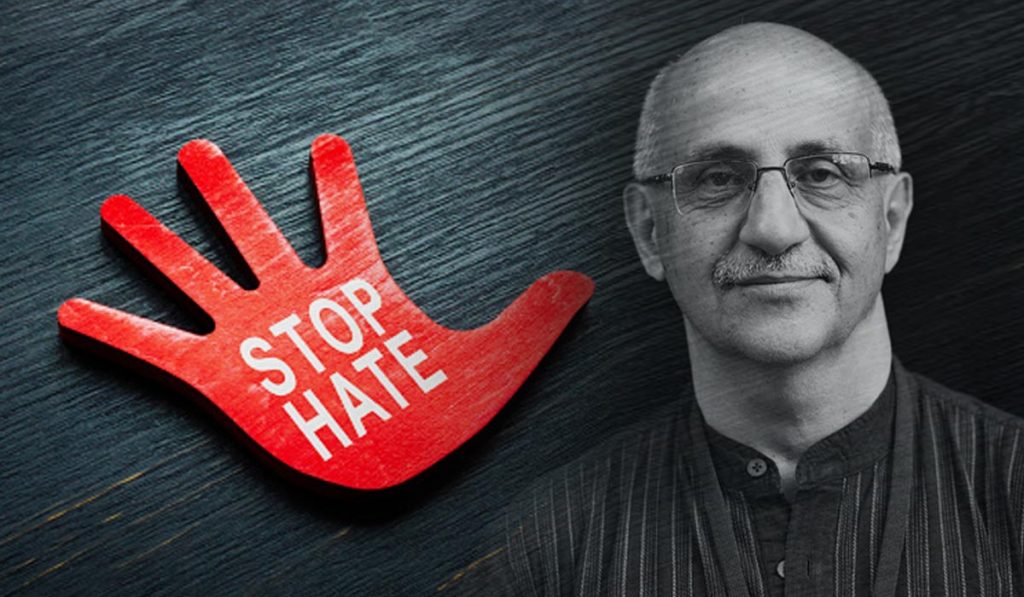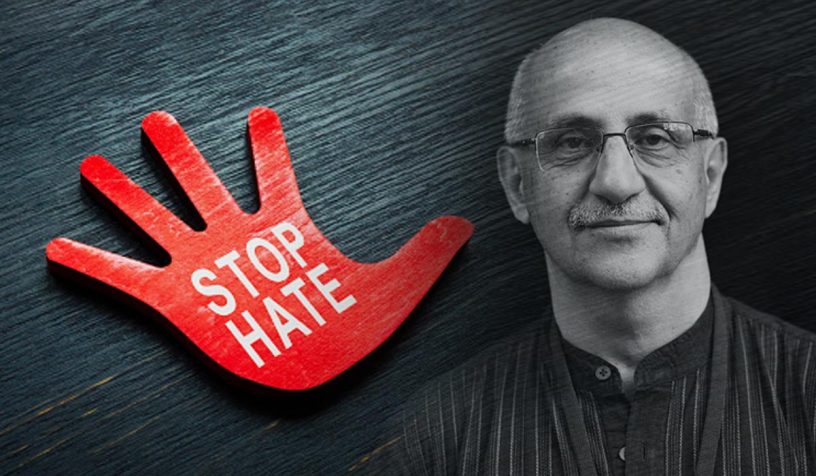
In this interview, Harsh Mander discusses the contentious question of legal reform for ending impunity in hate crime cases.
Interviewer:
Mohsin Alam Bhat, Professor, Jindal Global Law School, O.P. Jindal Global University, Sonipat, Haryana, India.
Summary:
This interview with writer and activist Harsh Mander was conducted on 21 and 23 April 2020 while numerous instances of hate crime, during the severe COVID-19 lockdown, were coming to light. This came on the heels of the popular protests against the Citizenship Amendment Act, 2019, and the February 2020 violence in Delhi. The interview situates the present moment, tying together history, socio-legal assessments of sectarian violence, evaluation of legal reform, and the ethics of anti-hate activism.
First, Mander draws from his extensive experience — as a former bureaucrat, anti-hate advocate, and legal activist — to offer the larger historical trajectory of sectarian violence in India. His account highlights the role of the rising majoritarian state ideology in facilitating and celebrating sectarian hostilities. He also develops an account of how we should understand the social and personal harms of mass violence and the phenomenon of lynching.
Second, he discusses the contentious question of legal reform for ending impunity in hate crime cases. Specifically, he notes the problem of state complicity in violence and the failed attempts to legislate an anti-communal violence law. Third, he elaborates on the protracted challenges of building viable strategies of litigation in the aftermath of sectarian violence. He evaluates Nyayagraha (literally meaning struggle for justice), his unique experiment after the 2002 Gujarat pogrom based on an ethical practice for legal justice.
Published in: Jindal Global Law Review
To read the full article, please click here:


